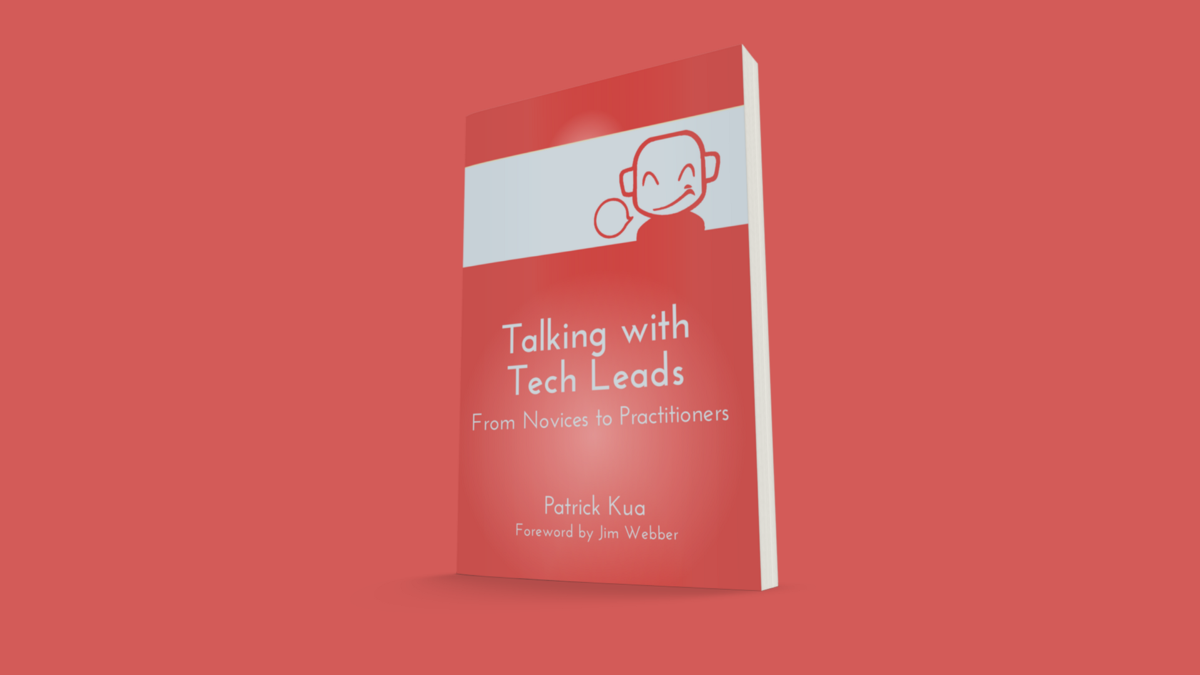I have read other books on leadership before. As I have been a tech lead myself for a while and then I have made quite a sudden leap to CTO position, I needed all the help I could get to get in the game as soon as possible.
‘Talking with Tech Leads’ is different from the very first pages, because it doesn’t take a quantitative approach to leadership, but the much more difficult (and dreaded) qualitative approach. You don’t get the sales-y pitch of “Here’s a bullet-point list of five tips that will make you a killer technical lead in 24 hours”. You get a series of 50 semi-structured interviews, straight off from the trenches.
As I see it, the book is divided into three main sections, covering three distinct topics:
- Interviews with novices: this section tackles the challenges of being a tech lead for the first time. It gives a lot of good advice on the paradigm shift you have to make as a developer being promoted to a tech leadership position.
- Interviews with practitioners: dives deeper into the role of technical leadership. The interviews in this section are conducted with seasoned people that have served the role of technical lead across several years and across diverse teams.
- Aspects of leadership: addresses the more difficult questions, such as how to still keep in touch with technology and the code base, how to be a good facilitator between business and technology and how to manage yourself in this new position in order to avoid burnout and still evolve on a personal level.
I really enjoyed the personal approach. Each interview starts with a short overview of the person being interviewed. Most of these people can be found on LinkedIn and it’s fascinating to follow up on their evolution from the moment they have been interviewed in the book.
In terms of usefulness, there is a lot to be extracted from the book, especially for first-time tech leads. For more seasoned professionals, the questions in the interview might appear too leading at times, forcing the ideas to converge to the same focal point most of the times. I feel that the second series of interviews would have benefitted a lot more from a more unstructured approach.
All in all, I do not want to spoil too much of the book, as I feel it is a journey that everyone should embark on by themselves, but here are some of my key take-aways from the lecture:
- A balanced tech lead still spends around 30% of their time coding. The rest of the time is spent on understanding the broader context, detecting code smells, supporting team mates and eliminating choking points.
- Most tech leads start by leading by example. Experienced tech leads shift to leading from behind, ultimately becoming effective mentors and coachers.
- There is no right or wrong way to approach technical leadership. There are a lot of books on the subject, each exposing a different opinion. But ultimately there are no experts, just you and the specific context you operate in. The solutions to the problem you encounter should be your own.
- Tech leads should get comfortable with failure and uncertainty. They are the main catalysts for the team learning process.

No Comments